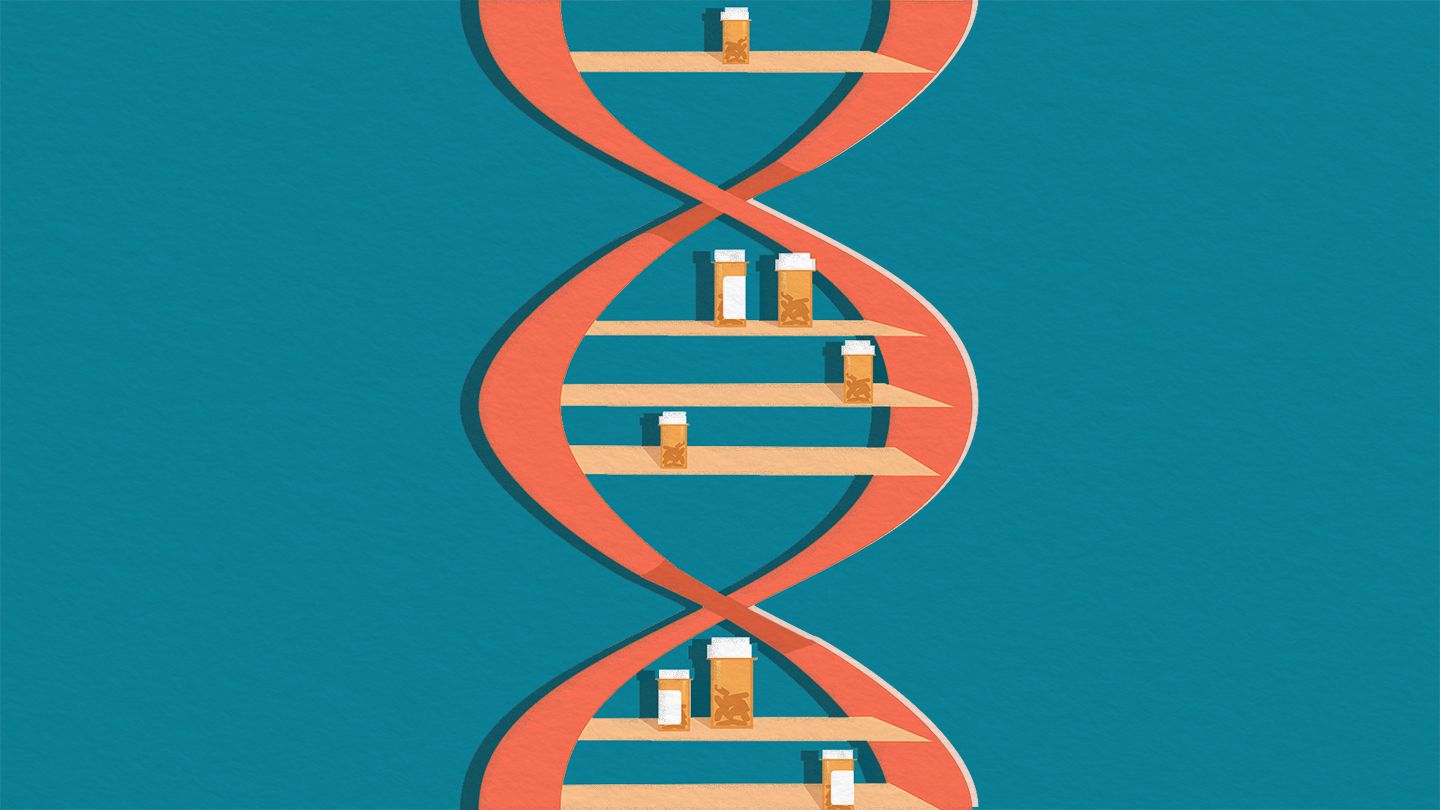Some surprising culprits can contribute to high triglycerides. Triglycerides are a type of lipid, or fat, in your bloodstream, like cholesterol. Hypertriglyceridemia can increase your risk for atherosclerosis, or hardened and narrowed arteries, which increase your heart attack and stroke risk. According to the American College of Cardiology, extremely high levels of triglycerides might lead to pancreatitis, or inflammation of the pancreas.
Lesser known factors, such as how much you sleep, how much alcohol you drink, and even your stress level, can also affect triglyceride levels. There’s not enough evidence to call these direct causes of high triglycerides, says Andrew Freeman, MD, a cardiologist at National Jewish Health in Denver, but they are key players. “When you have high triglycerides, there tend to be other lifestyle factors,” Dr. Freeman says. “Poor diet and exercise, stress, and not sleeping well all take a toll on cardiovascular health, but they are seldom recognized.” No matter the cause, doctors can work with you to reduce your levels, says Douglas Jacoby, MD, a cardiologist with Penn Medicine in Philadelphia.
1. Genetics
As with high cholesterol, people can inherit a risk of abnormally high triglycerides — a condition called familial hypertriglyceridemia. Many people have raised triglycerides and no family history of the condition, meaning it’s occurring due to other factors, such as diet. But in some people, high triglycerides are likely to occur due to a combination of genetic anomalies and environmental factors, according to MedlinePlus.
Dr. Jacoby says that your triglyceride numbers will provide clues as to whether genetics are behind your hypertriglyceridemia. Triglyceride levels between 200 and 500 mg/dL may be a sign of the condition.
And the numbers can go as high as 4,000 mg/dL, Jacoby says, which can increase the risk for pancreatitis.
Doctors typically prescribe lifestyle interventions for people with familial hypertriglyceridemia, such as a diet (preferably one that an individual works out with a registered dietitian). “I recommend these patients stick to an extremely low-fat diet,” Jacoby says.
Other measures may include taking medications such as gemfibrozil, fenofibrate, and nicotinic acid to reduce triglyceride levels.
2. Medication Side Effects
Certain immunosuppressant drugs as well as some antiviral, cardiovascular, antipsychotic, and hormone medications can drive up triglyceride levels anywhere from 5 to 200 percent, according to one review.
- Beta-blockers
- Loop diuretics
- High-dose thiazide diuretics
- Protease inhibitors
- Cyclosporine and tacrolimus
- First- and second-generation antipsychotics
- Retinoids
“We look through a patient’s medications for those that may be contributing to their elevated levels,” Jacoby says. Although it’s unclear if drug-induced high triglyceride levels pose harm long term, your doctor may consider changing your medication or, if that’s not possible, monitoring your lipid levels during treatment.
3. Simple Carbohydrate and Sugar Intake
A poor diet is by far the most common cause of high triglyceride levels, Freeman says. “I consider high triglycerides as a marker that someone may not be eating as well as they should,” he says. Excess calories and added sugar become triglycerides before the body stores them as fat, per the Cleveland Clinic.
One study found that eating more than four servings of ultraprocessed foods per day increased the risk of death from all causes by 62 percent.
“These foods, which include refined grains and added sugar, will also raise triglycerides,” Freeman says. He advises his patients on transitioning to a low-fat, whole-food, plant-based diet.
4. Alcohol
Alcohol adds extra calories, carbohydrates, and sugar to your diet, which can have a particularly negative effect on triglycerides, according to the Mayo Clinic.
A review of studies suggests that it can impair the breakdown of fats in the liver,
and another study found that higher alcohol intake was linked to higher levels of triglycerides as well as LDL (“bad”) cholesterol.
“We ask patients to cut down on alcohol intake, and if levels are very high, we will recommend no alcohol for a while,” Jacoby says.
5. Sleeping Too Little (or Too Much)
Freeman recommends that patients sleep at least seven hours per night, which aligns with advice from the Centers for Disease Control and Prevention.
According to the American College of Cardiology, consistent lack of sleep has links to high blood pressure as well as type 2 diabetes and obesity — two conditions that might contribute to high triglycerides.
Sleep disorders, including obstructive sleep apnea, which involves disruptive, brief pauses in breathing throughout the night, may also have links to increased triglycerides and LDL cholesterol. This might be the reason that sleep apnea increases the risk of heart disease, according to a review.
Per a study, sleeping more than 10 hours per night might contribute to metabolic syndrome, including elevated triglycerides.
Sleeping too long may be a marker of poor sleep quality and has links to fatigue and lower physical activity levels. In turn, this may impact blood lipid levels.
6. Stress
The link between stress and heart disease is not completely clear. But stress may drive us toward less healthy habits, such as drinking alcohol and eating sugar- and carbohydrate-rich foods that, in turn, increase triglyceride levels.
And according to one review, chronic stress also contributes to inflammation.
This interferes with the body’s ability to clear these fats from the blood and increases the liver’s production of very low-density lipoprotein (VLDL) particles. VLDL carries triglycerides to your tissues via the bloodstream. Like LDL, VLDL is considered a “bad” cholesterol by health authorities because it can contribute to the buildup of plaque in your arteries and increase your risk of heart disease, per MedlinePlus.
For stress relief, Freeman recommends:
- Practicing mindful stress reduction such as meditation or yoga for 30 minutes per day
- Connecting with your social support network
- Engaging in 30 minutes of physical activity — that ideally gets you out of breath — every day.
Speak to a doctor if you still have concerns about triglyceride levels or if they don’t decrease in response to lifestyle changes.
The Takeaway
High triglycerides can result from several factors of daily life, such as a diet high in simple carbohydrates, low physical activity levels, poor sleep, and stress. Other factors, such as genetics, are out of your control, but you can take steps to reduce your exposure to environmental triggers.
Choosing foods that support low triglyceride levels, exercising as much as possible, and taking steps to manage stress and irregular or insufficient sleep may help lower triglyceride levels and reduce the risk of complications later in life. Speak to a doctor about persistent or extremely high triglyceride levels.

